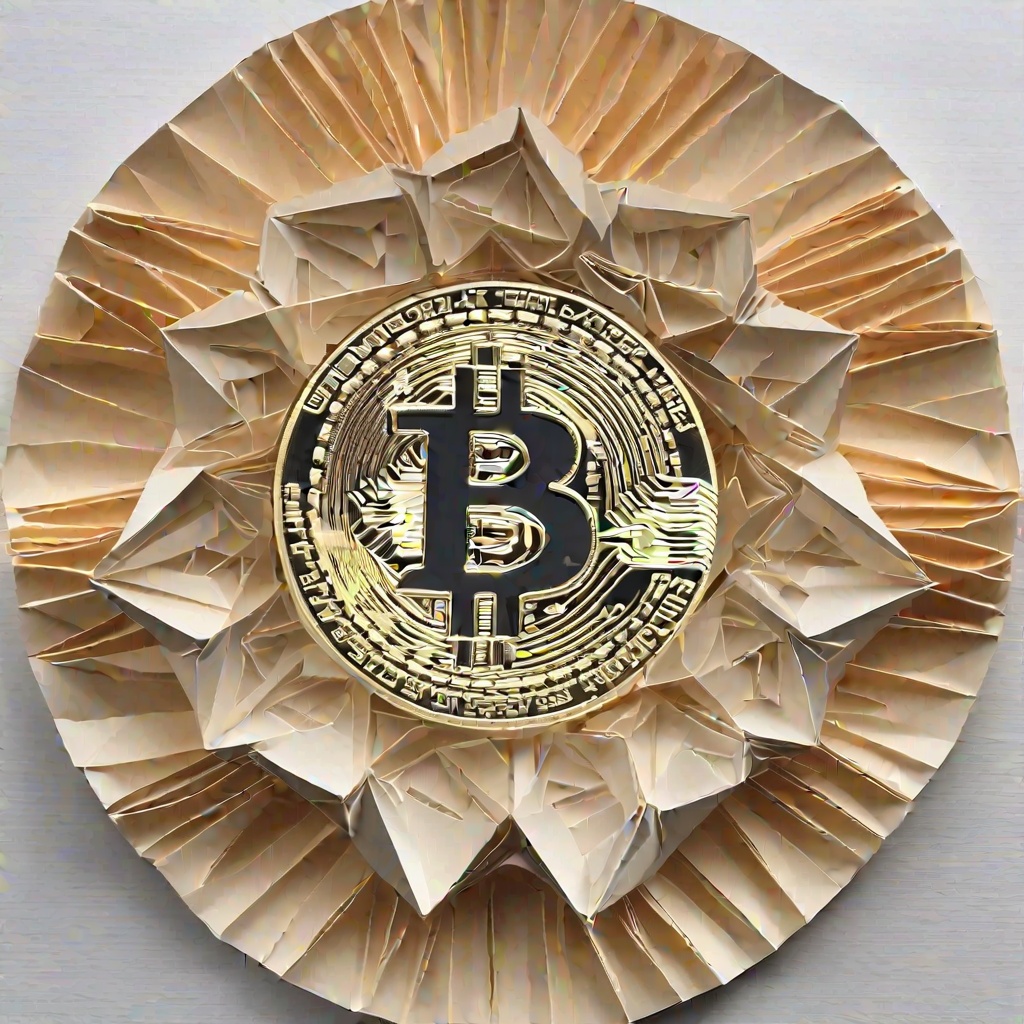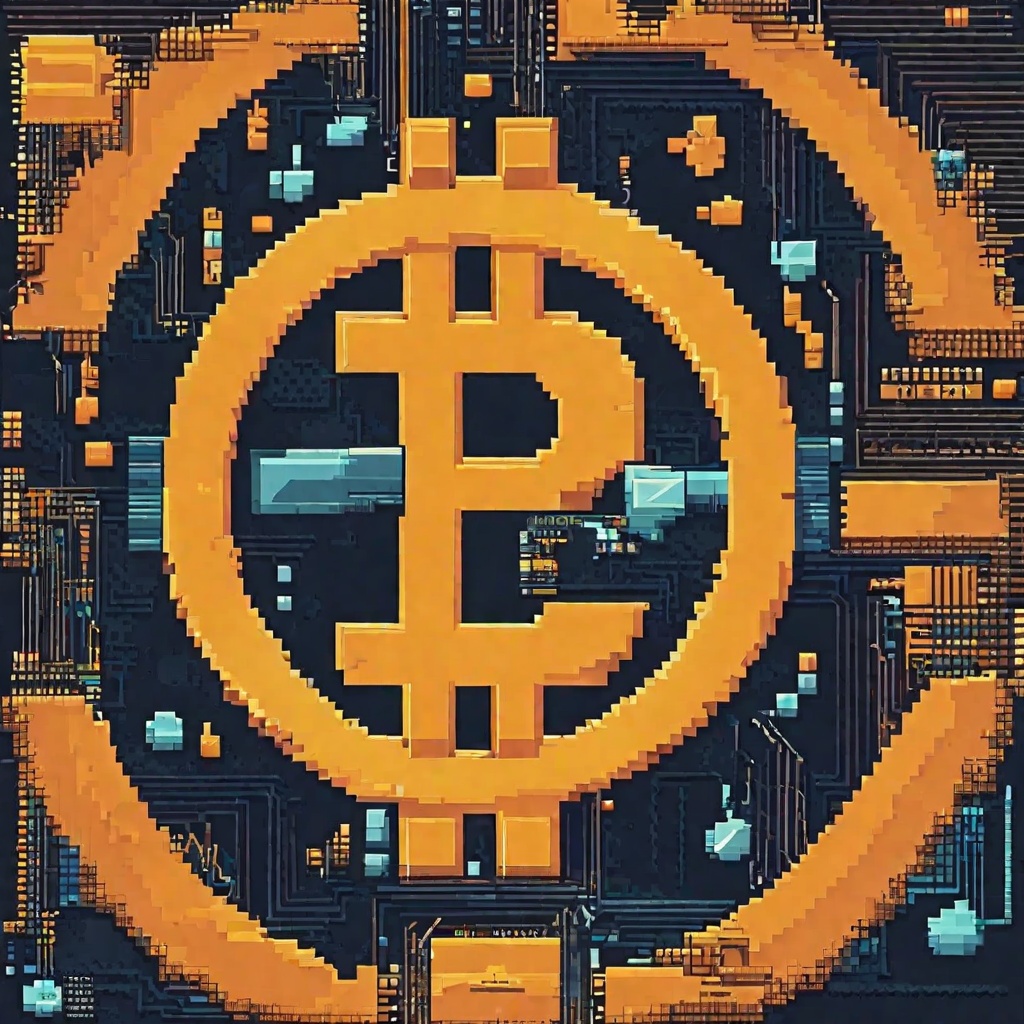How does international currency exchange work?
Could you explain, in layman's terms, the fundamental mechanics behind international currency exchange? Specifically, how do the values of different currencies fluctuate, and how do traders and investors leverage these fluctuations to make profits? Additionally, what role do central banks and governments play in influencing the exchange rates, and what are some potential risks and challenges associated with currency trading?

How did the Bretton Woods Agreement affect international currency exchange?
How did the Bretton Woods Agreement reshape the landscape of international currency exchange? Did it significantly alter the global financial system by establishing a fixed exchange rate system, or were there other, more subtle effects at play? Was the agreement's success in stabilizing exchange rates and promoting international trade fleeting, or did it pave the way for the long-term growth and stability of the global economy? And what challenges did the system face, and how did those challenges ultimately lead to its demise?

How can I save money on international currency exchange rates?
I'm curious to know, how can one effectively save money on international currency exchange rates? Is there a specific strategy or set of practices that have proven to be successful in minimizing the costs associated with converting one currency to another? Could you elaborate on the best methods to achieve this, taking into account the fluctuating nature of the foreign exchange market?

